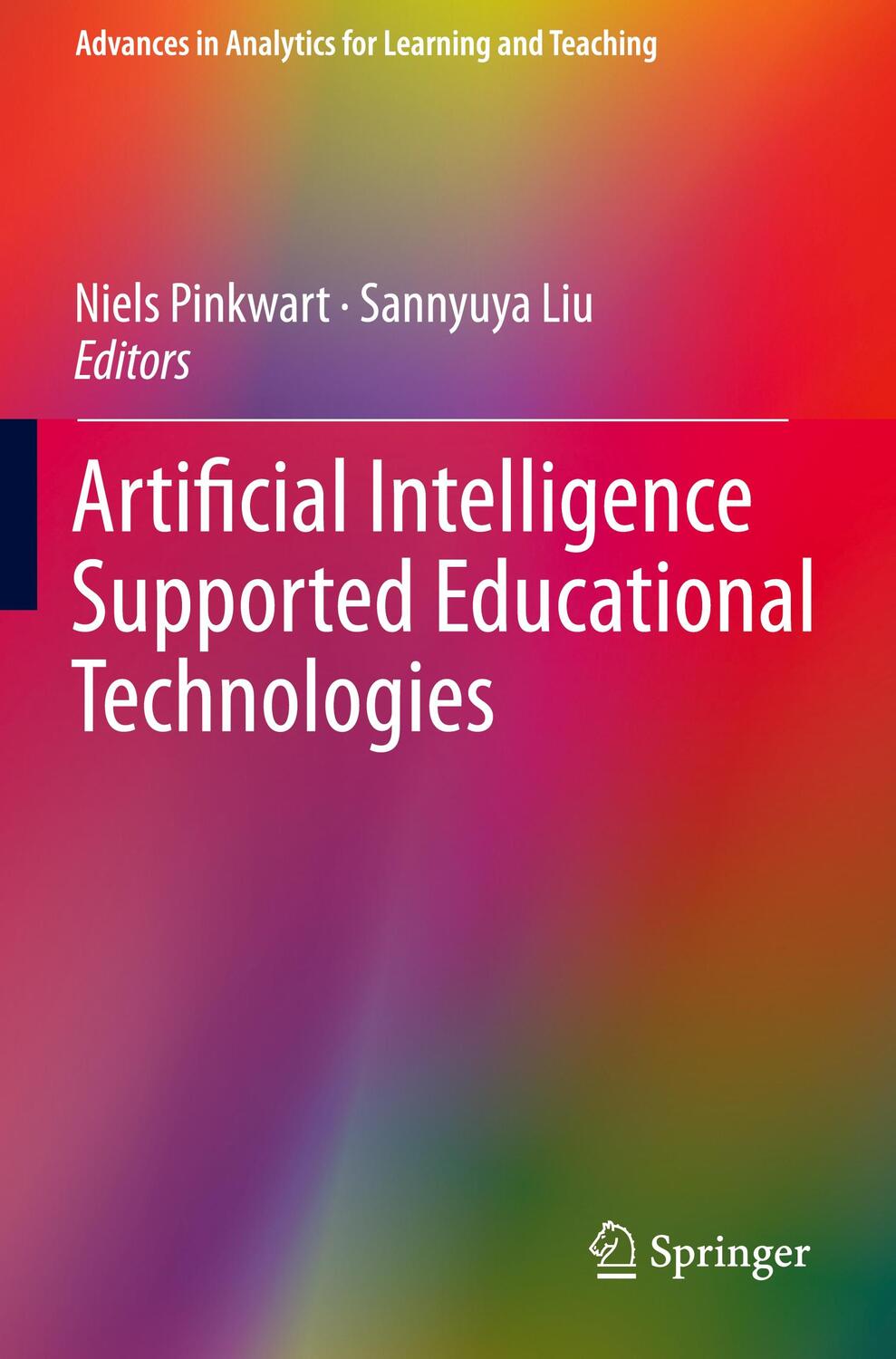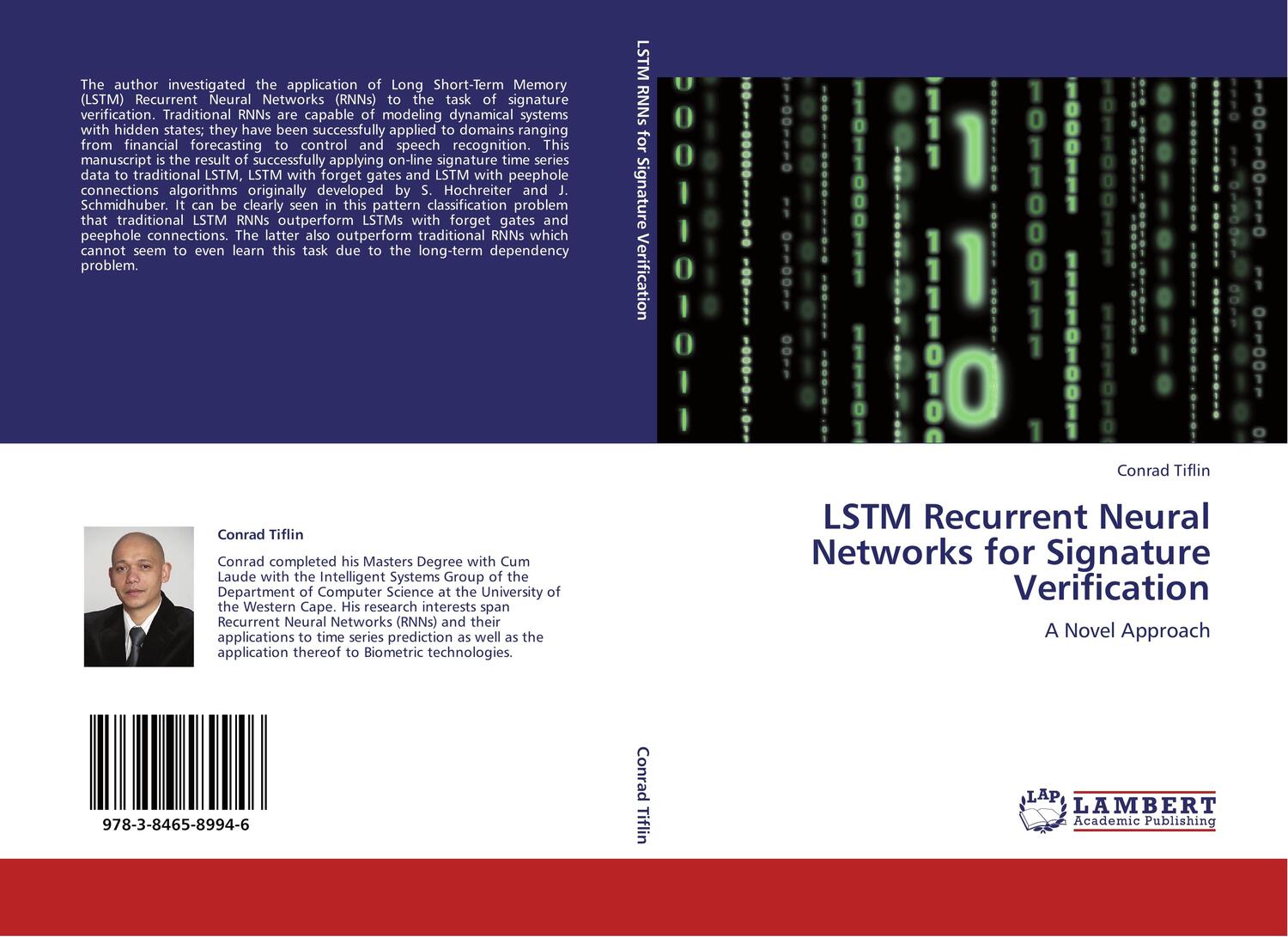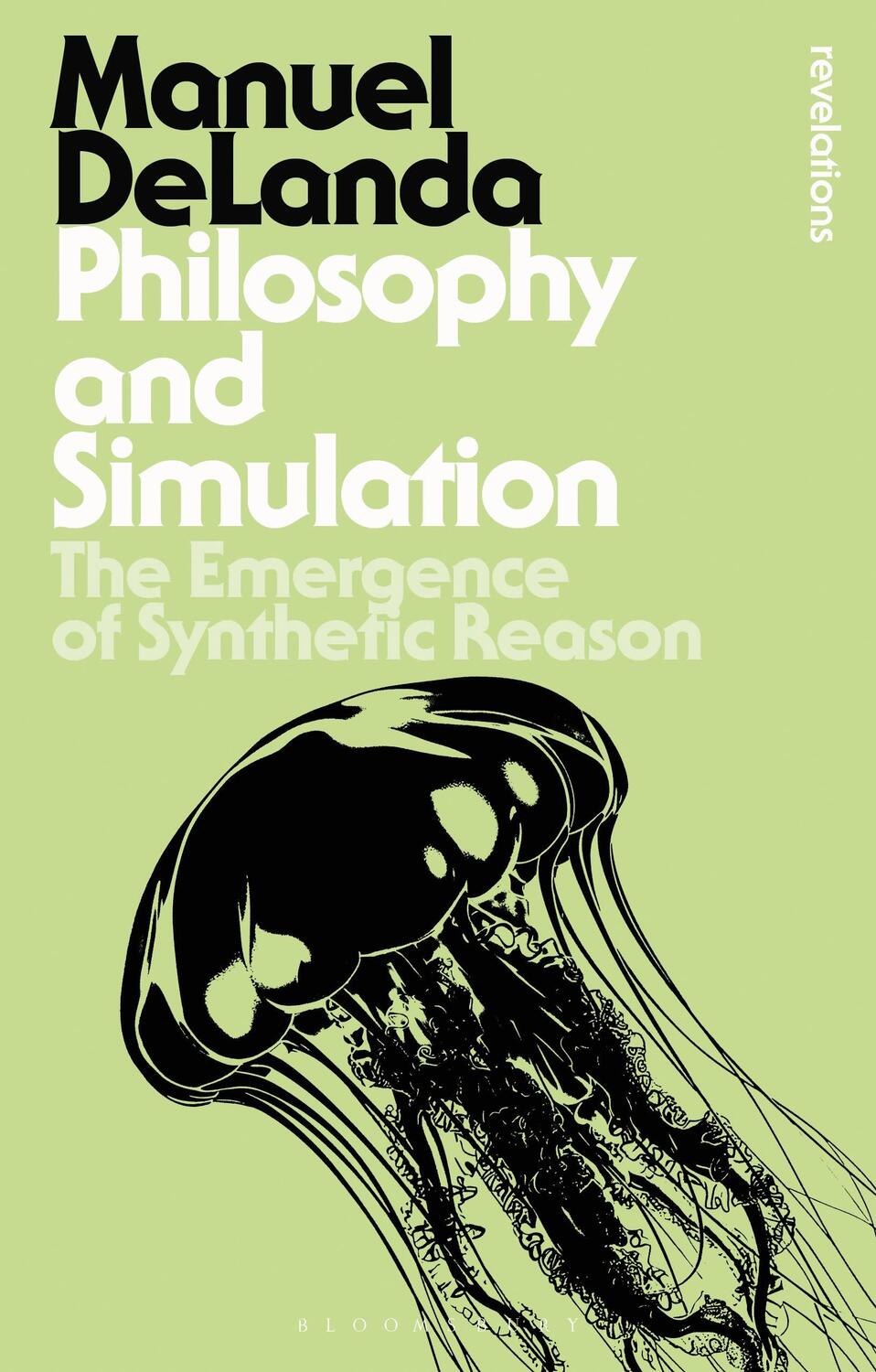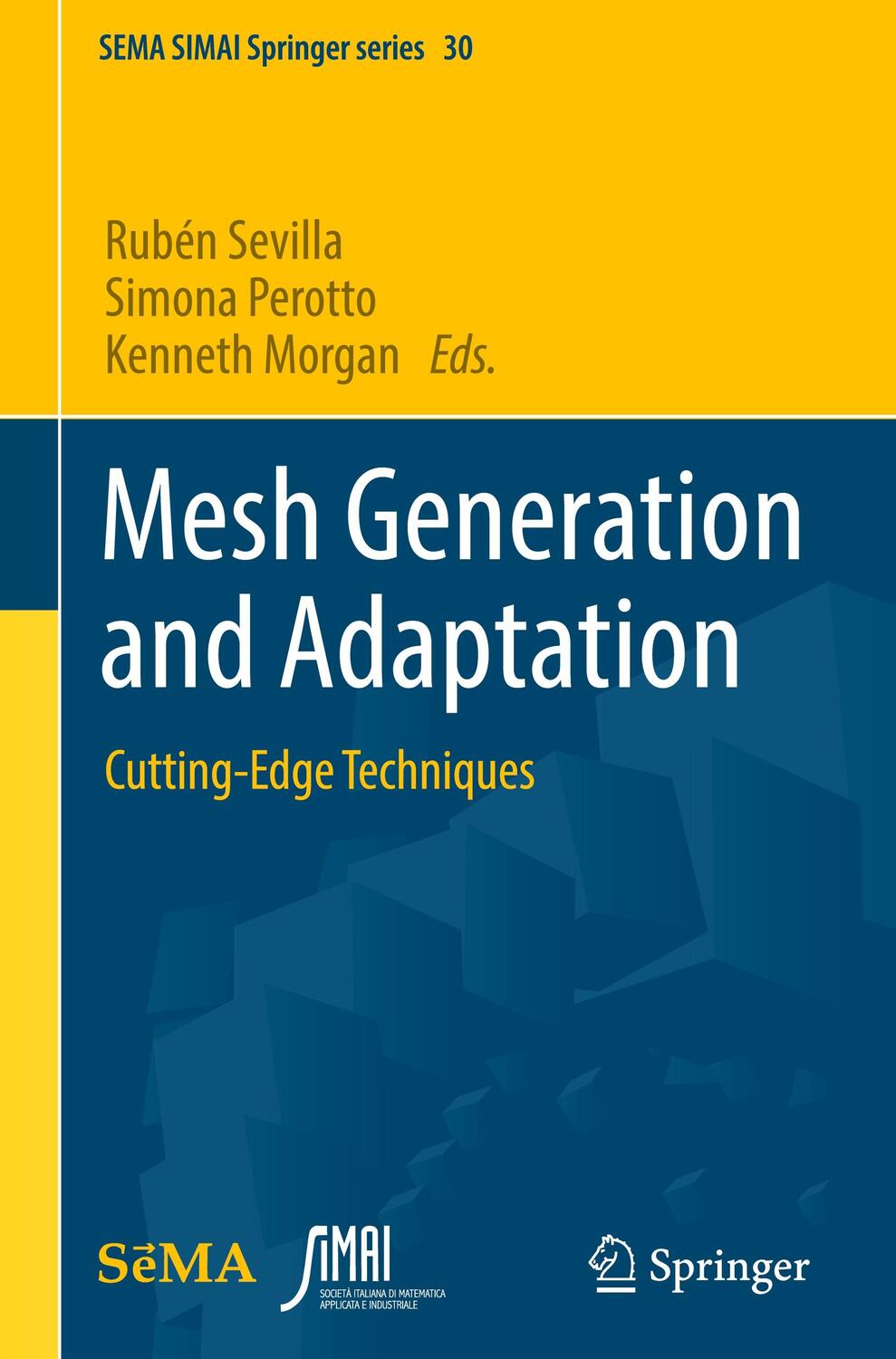171,19 €*
Versandkostenfrei per Post / DHL
Aktuell nicht verfügbar
The contributions are organized in four sections: (1) Overviews and systematic perspectives , (2) Example Systems,(3) Algorithms, and (4) Insights gained from empirical studies. For example, different data mining and machine learning methods to quantify different profiles of a learner in different learning situations (including interaction patterns, cognitive modes, knowledge skills, interests and emotions etc.) as well as connections to measurements in psychology and learning sciences are discussed in the chapters.
The contributions are organized in four sections: (1) Overviews and systematic perspectives , (2) Example Systems,(3) Algorithms, and (4) Insights gained from empirical studies. For example, different data mining and machine learning methods to quantify different profiles of a learner in different learning situations (including interaction patterns, cognitive modes, knowledge skills, interests and emotions etc.) as well as connections to measurements in psychology and learning sciences are discussed in the chapters.
Niels Pinkwart has a background in Computer Science and Mathematics. He received his PhD from the University of Duisburg-Essen in 2005 with a dissertation on collaborative educational modeling systems. After a post-doctoral position at the Human-Computer Interaction Institute of Carnegie Mellon University, he accepted offers for Assistant Professor and Associate Professor positions at Clausthal University of Technology. In 2013, he moved to the Humboldt-Universität zu Berlin where he since heads the research group "Computer Science Education / Computer Science and Society", the ProMINT Kolleg and the Center of Technology Enhanced Learning located in the Professional School of Education of HU Berlin. In addition to his activities at HU Berlin, Prof. Pinkwart acts as Principal Investigator at the Einstein Center Digital Future and at the Weizenbaum Institute for the networked society (German Internet Institute), and holds a scientific director position at DFKI (German Research Center for Artificial Intelligence) since 2019. Within the German Computer Science Association, Prof. Pinkwart is currently co-chair of the working group on Learning Analytics and member of the steering committee of the section on Educational Technologies.
Sannyuya Liu has been a professor and the executive deputy director in National Engineering Research Center for E-learning (NERCEL), Central China Normal University (CCNU) since 2006. He received the Ph.D. degree in systems engineering from Huazhong University of Science and Technology (HUST), Wuhan, China, in 2003. His research interests include educational data mining, AI in education, ICT in education, educational technology, etc. Todate, he has published more than 100 peer-reviewed articles, 7 books, and more than 30 national invention patents. He has also led many National Key R&D Projects of China on Personalized Learning and Intelligent Tutoring Technologies, e.g. he has been funded by National Natural Science Foundation of China on Group Behavior-Emotion-Cognition Modeling in Online Learning. He successfully led NERCEL R&D team in developing starC, a SPOC learning platform based dual-track teaching philosophy for supporting Informatization reform and teaching innovation in higher education. He was awarded with one First and one Secondary Prizes for Scientific and Technological Progress of Hubei Province respectively. Particularly, he proposed a systematic framework of Quantified Learning in a book named "Quantified Learning: Data-Driven Learning Behavior Analysis" published by Science Press of China, which has a significant impact on making the data-driven human learning mechanism research more accessible and promoting more applications of big data in education.
Provides cross-cultural perspectives on artificial intelligence applications in education
Offers contributions by distinguished researchers from computer science and learning science
Provides an broad view on both systems/algorithms and educational aspects of current challenges in AI-supported educational technologies
Chapter 1. Open learning analytics: a systematic literature review and future perspectives.- Chapter 2. Non-distracting feedback in artificial intelligence supported learning.- Chapter 3. Research on human-computer cooperative teaching supported by artificial intelligence robot assistant.- Chapter 4. A new conceptual framework for measuring online listening in asynchronous discussion forum.- Chapter 5. Self-improvable, self-improving, and self-improvability adaptive instructional system.- Chapter 6. Can sensors effectively support learning?.- Chapter 7. A prototype system of search: finding short material for science education in long and high-definition documentary videos.- Chapter 8. A learning attention monitoring system via photoplethysmogram using wearable wrist devices .- Chapter 9. Towards improving social interaction ability for children with autism spectrum disorder using multimodal sensory information.- Chapter 10. Personalized citation recommendation using a ensemble model of dssm and bibliographic information .- Chapter 11. Augmented: Academic performance prediction based on digital campus.- Chapter 12. Joint embedding learning of educational knowledge graphs.- Chapter 13. Modeling the self-regulated learning behaviors of graduate students in online academic reading and writing environments.- Chapter 14. Mapping machine-generated questions to their related paragraphs in the textbook.- Chapter 15. Change management for learning analytics.- Chapter 16. Lessons learned from designing adaptive training systems: An ethical perspective.
| Erscheinungsjahr: | 2021 |
|---|---|
| Fachbereich: | Didaktik/Methodik/Schulpädagogik/Fachdidaktik |
| Genre: | Erziehung & Bildung |
| Rubrik: | Sozialwissenschaften |
| Medium: | Taschenbuch |
| Seiten: | 308 |
| Reihe: | Advances in Analytics for Learning and Teaching |
| Inhalt: |
x
297 S. 25 s/w Illustr. 46 farbige Illustr. 297 p. 71 illus. 46 illus. in color. |
| ISBN-13: | 9783030411015 |
| ISBN-10: | 303041101X |
| Sprache: | Englisch |
| Ausstattung / Beilage: | Paperback |
| Einband: | Kartoniert / Broschiert |
| Redaktion: |
Liu, Sannyuya
Pinkwart, Niels |
| Herausgeber: | Niels Pinkwart/Sannyuya Liu |
| Auflage: | 1st ed. 2020 |
| Hersteller: |
Springer International Publishing
Springer International Publishing AG Advances in Analytics for Learning and Teaching |
| Maße: | 235 x 155 x 17 mm |
| Von/Mit: | Sannyuya Liu (u. a.) |
| Erscheinungsdatum: | 30.04.2021 |
| Gewicht: | 0,47 kg |
Niels Pinkwart has a background in Computer Science and Mathematics. He received his PhD from the University of Duisburg-Essen in 2005 with a dissertation on collaborative educational modeling systems. After a post-doctoral position at the Human-Computer Interaction Institute of Carnegie Mellon University, he accepted offers for Assistant Professor and Associate Professor positions at Clausthal University of Technology. In 2013, he moved to the Humboldt-Universität zu Berlin where he since heads the research group "Computer Science Education / Computer Science and Society", the ProMINT Kolleg and the Center of Technology Enhanced Learning located in the Professional School of Education of HU Berlin. In addition to his activities at HU Berlin, Prof. Pinkwart acts as Principal Investigator at the Einstein Center Digital Future and at the Weizenbaum Institute for the networked society (German Internet Institute), and holds a scientific director position at DFKI (German Research Center for Artificial Intelligence) since 2019. Within the German Computer Science Association, Prof. Pinkwart is currently co-chair of the working group on Learning Analytics and member of the steering committee of the section on Educational Technologies.
Sannyuya Liu has been a professor and the executive deputy director in National Engineering Research Center for E-learning (NERCEL), Central China Normal University (CCNU) since 2006. He received the Ph.D. degree in systems engineering from Huazhong University of Science and Technology (HUST), Wuhan, China, in 2003. His research interests include educational data mining, AI in education, ICT in education, educational technology, etc. Todate, he has published more than 100 peer-reviewed articles, 7 books, and more than 30 national invention patents. He has also led many National Key R&D Projects of China on Personalized Learning and Intelligent Tutoring Technologies, e.g. he has been funded by National Natural Science Foundation of China on Group Behavior-Emotion-Cognition Modeling in Online Learning. He successfully led NERCEL R&D team in developing starC, a SPOC learning platform based dual-track teaching philosophy for supporting Informatization reform and teaching innovation in higher education. He was awarded with one First and one Secondary Prizes for Scientific and Technological Progress of Hubei Province respectively. Particularly, he proposed a systematic framework of Quantified Learning in a book named "Quantified Learning: Data-Driven Learning Behavior Analysis" published by Science Press of China, which has a significant impact on making the data-driven human learning mechanism research more accessible and promoting more applications of big data in education.
Provides cross-cultural perspectives on artificial intelligence applications in education
Offers contributions by distinguished researchers from computer science and learning science
Provides an broad view on both systems/algorithms and educational aspects of current challenges in AI-supported educational technologies
Chapter 1. Open learning analytics: a systematic literature review and future perspectives.- Chapter 2. Non-distracting feedback in artificial intelligence supported learning.- Chapter 3. Research on human-computer cooperative teaching supported by artificial intelligence robot assistant.- Chapter 4. A new conceptual framework for measuring online listening in asynchronous discussion forum.- Chapter 5. Self-improvable, self-improving, and self-improvability adaptive instructional system.- Chapter 6. Can sensors effectively support learning?.- Chapter 7. A prototype system of search: finding short material for science education in long and high-definition documentary videos.- Chapter 8. A learning attention monitoring system via photoplethysmogram using wearable wrist devices .- Chapter 9. Towards improving social interaction ability for children with autism spectrum disorder using multimodal sensory information.- Chapter 10. Personalized citation recommendation using a ensemble model of dssm and bibliographic information .- Chapter 11. Augmented: Academic performance prediction based on digital campus.- Chapter 12. Joint embedding learning of educational knowledge graphs.- Chapter 13. Modeling the self-regulated learning behaviors of graduate students in online academic reading and writing environments.- Chapter 14. Mapping machine-generated questions to their related paragraphs in the textbook.- Chapter 15. Change management for learning analytics.- Chapter 16. Lessons learned from designing adaptive training systems: An ethical perspective.
| Erscheinungsjahr: | 2021 |
|---|---|
| Fachbereich: | Didaktik/Methodik/Schulpädagogik/Fachdidaktik |
| Genre: | Erziehung & Bildung |
| Rubrik: | Sozialwissenschaften |
| Medium: | Taschenbuch |
| Seiten: | 308 |
| Reihe: | Advances in Analytics for Learning and Teaching |
| Inhalt: |
x
297 S. 25 s/w Illustr. 46 farbige Illustr. 297 p. 71 illus. 46 illus. in color. |
| ISBN-13: | 9783030411015 |
| ISBN-10: | 303041101X |
| Sprache: | Englisch |
| Ausstattung / Beilage: | Paperback |
| Einband: | Kartoniert / Broschiert |
| Redaktion: |
Liu, Sannyuya
Pinkwart, Niels |
| Herausgeber: | Niels Pinkwart/Sannyuya Liu |
| Auflage: | 1st ed. 2020 |
| Hersteller: |
Springer International Publishing
Springer International Publishing AG Advances in Analytics for Learning and Teaching |
| Maße: | 235 x 155 x 17 mm |
| Von/Mit: | Sannyuya Liu (u. a.) |
| Erscheinungsdatum: | 30.04.2021 |
| Gewicht: | 0,47 kg |










